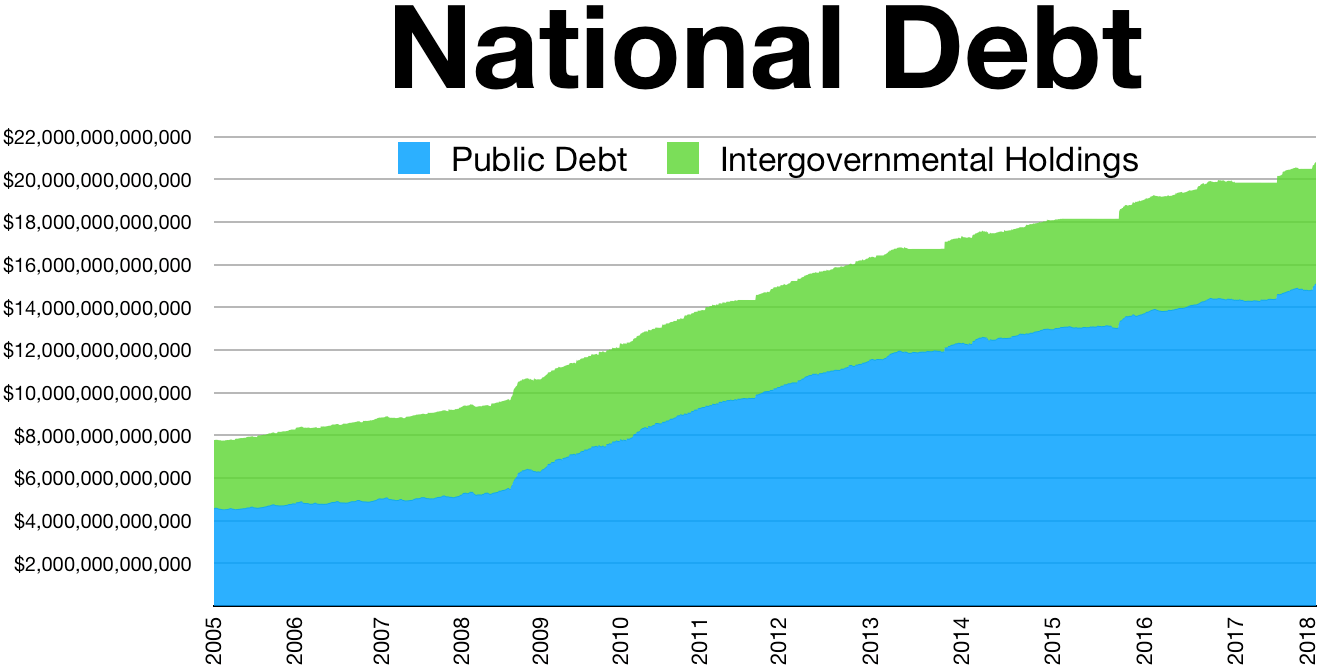Nonprofits. What we think of true nonprofits – acknowledged public charities – depend on philanthropic donations to cover their costs. The expenditure of revenues is under the control of the executives and the board of directors (or governors or trustees, which are interchangeable terms). There is no explicit accountability of the philanthropic organization to the donors other than the reality that a reputation for impecunious use of funds may put a chill on further donations.
For-profits. For-profits have the highest and most direct accountability. Family owned enterprises are directly accountable to the owner-investors, just as any family is accountable for how it manages its funds. “'My other piece of advice, Copperfield,' said Mr. Micawber, 'you know. Annual income twenty pounds, annual expenditure nineteen nineteen six, result happiness. Annual income twenty pounds, annual expenditure twenty pounds nought and six, result misery.” David Copperfield (1850).
Accountability is somewhat less direct for publicly-traded enterprises. They are regulated by the Security and Exchange Commission and are required to disclose all material developments. That is not true for most government actions, nonprofits, and for closely held enterprises. Two cautions affect accountability:
1. The Federal Government has Sovereign Immunity, which means that it cannot be called to account judicially unless accountability is specifically authorized. Moreover, the appropriately infrequent accountability of elections means that accountability for minor acts of public trust can go unnoticed.
2. Many contracts, which seem like investments – insurance policies, annuity contracts, entrance fee continuing care contracts – do not have security protections and should only be accepted with great caution.
Business Form Does Not Equate With Business Ethics
It’s tempting to attach moral qualities to the form of business organization. But, form is not substance. Discerning consumers need to dig more deeply.
Nonprofits. Many people view nonprofit organizations as more ethical and trustworthy than are others. In truth, many nonprofits are charitable but, then, many for-profits also do charitable acts. It’s tempting to view the charitable acts of for-profits cynically as something manipulatively self-serving. But, then, when we consider the many profitable tax-exempt organizations – hospitals, senior housing, universities, even churches – we have to ask ourselves whether it is cynically self-serving for entities that can afford to pay taxes to claim tax exemptions and to avoid paying their fair share of the communal tax burden.
Government. In times of trouble, we turn to government for solutions. Government has privileges that other organizations do not. Government can use coercion – including the sanctions of fines, imprisonment, and more – to enforce its will. Moreover, government is allowed to (and does) form monopoly organizations, which are often unregulated other than by a loose accountability of elected representatives to the electorate. Government can be effective, even necessary, in time of war. Still, its privileges may make other kinds of organizations – nonprofits and for-profits – more accountable to those dependent on services than is government. It can be frustrating to rely on government for quick, efficient solutions.
For-profits. There are some businesses which are predatory. A developer may build shoddy houses and foist them off on first time home buyers who think someone is looking out for them as they pursue the American Dream. It can be a shock to find that a home is not what it appeared to be, while the development corporation that built and sold the homes is no longer in business. Thus, it’s not surprising that many members of the general public equate private enterprise with greed and exploitation.
Still, most businesses are operating entities. They can’t afford the here today and gone tomorrow business ethics of the unscrupulous. They seek to be contributing members of the community helping people live fulfilling lives with services they need. Your local merchants are here to stay, and they value their reputation. They seek to serve and not to gouge.
It’s important for consumer shoppers – especially those who are aging – to be able to discern the difference between those who exploit for gain and those who serve their customers and hope for a fair return and a fair living. The for-profits finance their own businesses, and don’t depend on customers or donors to provide their at-risk ownership capital. They depend on their reputation and their good will as pillars for their business. The result can be that they may provide better value for consumers, with fewer strings attached, than either the nonprofits or the government. I
It’s best for consumers not to judge enterprises by their form of organization but by their record for service and customer value.
What does this mean for you?
The strength of our system is that there are ample incentives for businesses to evolve to meet the needs of the people and to do so with growing efficiency and improving customer satisfaction. Still, there are many enterprises that a less effective at these goals of value and satisfaction, so it requires a discerning consumer to make the best choices.
The prevailing truism is that an educated consumer is a better consumer. Otherwise, consumers may be enticed into buying the sizzle and not getting the steak. Our goal is to help you and those you trust to become better consumers on your behalf.


